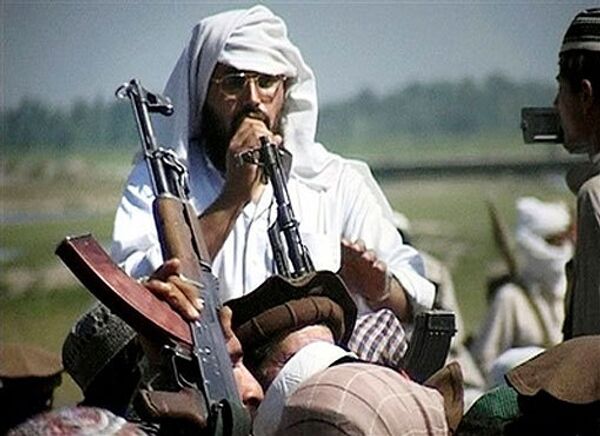RIA Novosti interview with Maj. Gen. (ret.) Jamshed Ayaz Khan, president of the Institute of Regional Studies, Islamabad
How do you evaluate the situation in the northwest of Pakistan?
Actually, the situation has been very complex in our part of the world because of the menace of terrorism and extremism. An enormous chance was given to these people to surrender their arms, to negotiate, to talk about development in the area, but unfortunately, they didn’t go along. And, finally, the government of Pakistan decided to use the military option, which is more often not used because they are our own people and there is also collateral damage. So one month ago the government certainly wanted to wait. But then there was the last assault. So now clear orders have been given to the army, and this is a very good thing on the part of the Prime Minister, and the army then made a plan. And because of the sensitive nature of the state, because it is in our own area, our own people, living in the population gives an advantage to the militants. I think, in spite of all this, the army made a good plan. They are very focused, they are going about it very slowly, but, I think surely and at the moment the militants are on the run. And because they are on the run they have their problems in the Swat and Buner area, so that’s why they started their suicide attacks in different areas. Because they want the army not to squeeze them, not to eliminate them, so they think that really they can do it. So we have to put defensive measures in good shape and that’s what the people are doing. But it is certainly a very complex battle.
How long will it take to solve the Taliban problem?
As far as the Swat and Buner area is concerned, I think because the way they have gone about it, the military and the government, I think, they will be able to achieve their limited aim, as far as this group is concerned, very shortly. I can’t say the exact timeframe, but maybe about a week or ten days, something like this. But the problem is not over. It takes time before you really eliminate or finish the last militant. But other things are important and I still believe in that, that those people who lay down their arms, those people who realize that what they are doing is not for a good cause, it’s not a good thing for the country and for the religion, they lay down arms and come to the negotiating table. I think at some point in time that should be done, but not now. Because here the army is in a strong position. But at a later time, I think, that if that can be done, it will be important, because these three things - dialogue, development and deterrence are very important.
The United States is planning a big operation in Afghanistan. How far is the Pakistani army ready to support the United States and is it ready to cross the border with Afghanistan?
Actually, the crossing is obvious. People are going from one front to our side and it is also the logistical support, it is also going from that side, because of the material that is coming, the weapons that are coming, even the finances. So it has to be stopped both ways and I think they should do action in Afghanistan, because at the moment, there is really action in Afghanistan and the Taliban are moving around more freely there than anywhere else. So, I think, with an action on that side, with an action on this side, it has to be coordinated somewhere maybe in the area where the two borders meet. One should maybe chase them and another will hold them, something like this, but most importantly, and I will repeat this again, most important is the intelligence. Because in a war like this, 90% of it is intelligence. Because if you have good intelligence, accurate and timely intelligence, then the operation is not going to fail. So, at the moment, you should help us, the whole world should help us in giving intelligence especially against the leadership of the militants. That is important. And if that can be done, I think, if the leadership can be eliminated, most of the problems will automatically be solved.
What do you think should be done to solve other problems in the region as a whole? I mean, for example, the complicated issue between Pakistan and India. What steps should be taken to normalize relations?
This is the best question anybody could ask and it goes to the heart of the problem. I think if India and Pakistan can solve the problem, this area could become something very good for tourists, it is such a beautiful area. Unfortunately, for the last fifty two years we’ve been fighting each other, and therefore Southeast Asia has no progress – there is poverty, abject poverty. So there is a big problem. So, I think if Russia, and America, and China, and the European Union joined up, they could solve the problem between India and Pakistan, the problem of Kashmir. We have to work together on this, on a peace-agreement. War is not an option for them, war is not an option for us. So, we have to work together on other problems: environment problems, energy problems, water problems, poverty. All these problems can be solved if we work together.
Interview by Samir Shakhbaz



